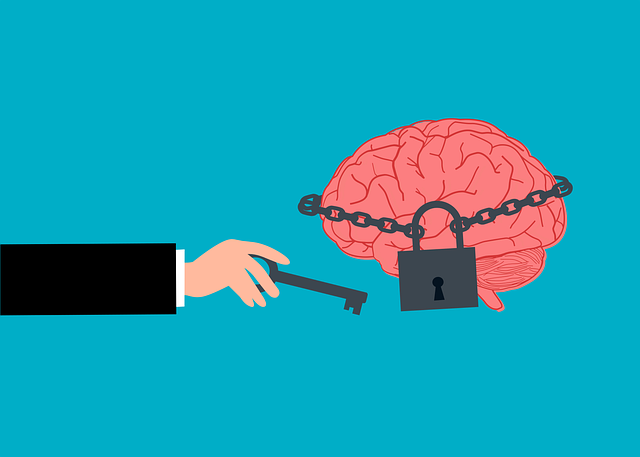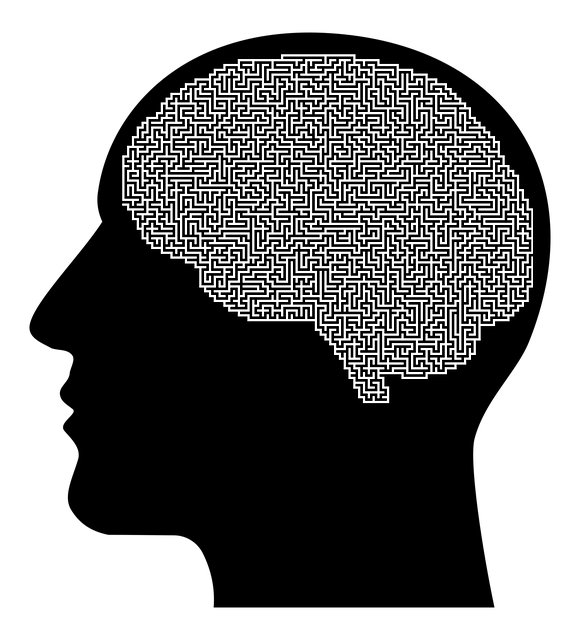In today's fast-paced world, mental health crisis hotline support is vital for young adults needing immediate assistance. These hotlines offer confidential spaces, emotional support, and practical guidance during crises, bridging the gap between acute issues and long-term therapy. Trained professionals provide crisis intervention, evaluation, and personalized strategies, including mindfulness meditation, to empower self-awareness and emotional regulation. By addressing urgent needs and fostering self-care practices, these interventions contribute to sustained mental well-being for young adults seeking therapy.
In today’s fast-paced world, mental health crises can strike anyone, anytime. For young adults navigating complex emotions and life challenges, access to immediate support can be a lifeline. This article explores the vital role of mental health crisis hotline services, delving into their need, operations, and effectiveness in providing therapy for young adults. We’ll discuss who answers these calls, the training behind them, and how initial assessments play a crucial part in offering appropriate mental health evaluations and accessible support when it matters most.
- Understanding the Need for Crisis Hotline Services
- Who Answers These Calls? Training and Expertise
- The Role of Therapy in Crisis Situations
- Evaluating Mental Health: Initial Steps and Assessments
- Accessible Support: Ensuring Help is Just a Call Away
Understanding the Need for Crisis Hotline Services

In today’s fast-paced and often stressful world, the need for accessible mental health crisis hotline support services has become increasingly vital, especially among young adults. Many individuals struggle with their mental wellness, seeking immediate assistance rather than waiting for scheduled therapy appointments. These hotlines offer a confidential and non-judgmental space, providing much-needed emotional support and practical guidance during crises. With the rise of remote communication, accessing these services has become even more convenient.
The significance of crisis hotline services lies in their ability to bridge the gap between acute mental health issues and long-term therapy. They are particularly beneficial for young adults who might be experiencing anxiety, depression, or traumatic events, as they provide immediate relief and a platform for sharing concerns. Moreover, cultural sensitivity in mental healthcare practice is integral to these hotlines, ensuring that diverse populations receive tailored support. Compassion cultivation practices have also been incorporated, allowing trained professionals to offer empathetic listening and evidence-based strategies to enhance mental resilience.
Who Answers These Calls? Training and Expertise

When you call a mental health crisis hotline, highly trained professionals answer the call. These individuals are often psychologists, psychiatrists, or counselors who specialize in supporting people through emotional distress. They undergo extensive training in crisis intervention techniques and are equipped to handle a wide range of mental health concerns, including anxiety, depression, suicidal ideation, and more. This specialized training enables them to provide immediate assistance while also offering valuable insights and guidance for long-term mental wellness.
The professionals on these hotlines understand the importance of emotional regulation and burnout prevention, especially among young adults seeking therapy. They are adept at helping individuals navigate their feelings, develop coping strategies, and access resources for ongoing mental health care. Moreover, they may offer practical advice on journaling exercises to promote self-reflection and track moods, a valuable mental wellness journal guidance often sought by those looking for additional support between calls or sessions.
The Role of Therapy in Crisis Situations

In crisis situations, therapy plays a pivotal role in providing immediate support and long-term solutions for young adults grappling with mental health challenges. Beyond offering a safe space to express emotions, professional therapists are equipped to conduct thorough mental health evaluations, identifying underlying issues and tailoring interventions accordingly. This proactive approach is crucial in mitigating the severity of crises and promoting positive thinking among vulnerable individuals.
Effective therapy involves teaching communication strategies that empower young adults to articulate their needs and concerns, fostering better relationships with themselves and others. Additionally, integrating practices like mindfulness meditation can enhance emotional regulation skills, enabling individuals to navigate stressful situations more adeptly. Such interventions not only address immediate crisis needs but also equip young adults with valuable tools for sustained mental well-being.
Evaluating Mental Health: Initial Steps and Assessments

Evaluating mental health is a crucial initial step for any individual seeking support, especially young adults navigating therapy. The process begins with comprehensive assessments designed to gain insights into an individual’s emotional, psychological, and social well-being. Mental health professionals employ various tools and techniques to assess symptoms, triggers, and underlying causes of distress. This may include detailed questionnaires, interviews, and structured clinical evaluations tailored to specific concerns like anxiety, depression, or trauma. By gathering this data, professionals can accurately diagnose mental health conditions, enabling the development of targeted treatment plans.
In the context of young adults, self-esteem improvement and burnout prevention strategies for healthcare providers play a significant role in these initial assessments. Mental illness stigma reduction efforts are also integral to creating a supportive environment where individuals feel comfortable disclosing their struggles. Through careful evaluation, hotlines and support services can offer tailored guidance, ensuring that those in crisis receive the most effective care.
Accessible Support: Ensuring Help is Just a Call Away

In today’s fast-paced world, mental health crises can arise unexpectedly, often requiring immediate and accessible support. That’s where crisis hotline services play a pivotal role in ensuring help is just a call away for young adults grappling with their mental well-being. These hotlines offer confidential, non-judgmental spaces where individuals can share their struggles and receive guidance on available resources, including therapy options tailored to meet their unique needs. With trained professionals on the other end, these services facilitate mental health evaluations, providing a crucial initial step towards recovery.
Beyond direct intervention, crisis hotline support also contributes to mental illness stigma reduction efforts by promoting self-awareness exercises and mindfulness meditation techniques. By normalizing conversations about mental health, these hotlines foster an environment where young adults feel empowered to seek help without fear of judgment or ostracization. This holistic approach not only provides immediate relief but equips individuals with tools to navigate their mental health journeys effectively.
Mental health crisis hotline support services play a pivotal role in providing immediate assistance and guiding individuals toward long-term well-being. By offering accessible resources like therapy for young adults and thorough mental health evaluations, these hotlines ensure that help is just a call away. Trained professionals equipped with the latest assessment tools enable effective navigation through crisis situations, fostering a crucial step towards broader mental health awareness and care.








